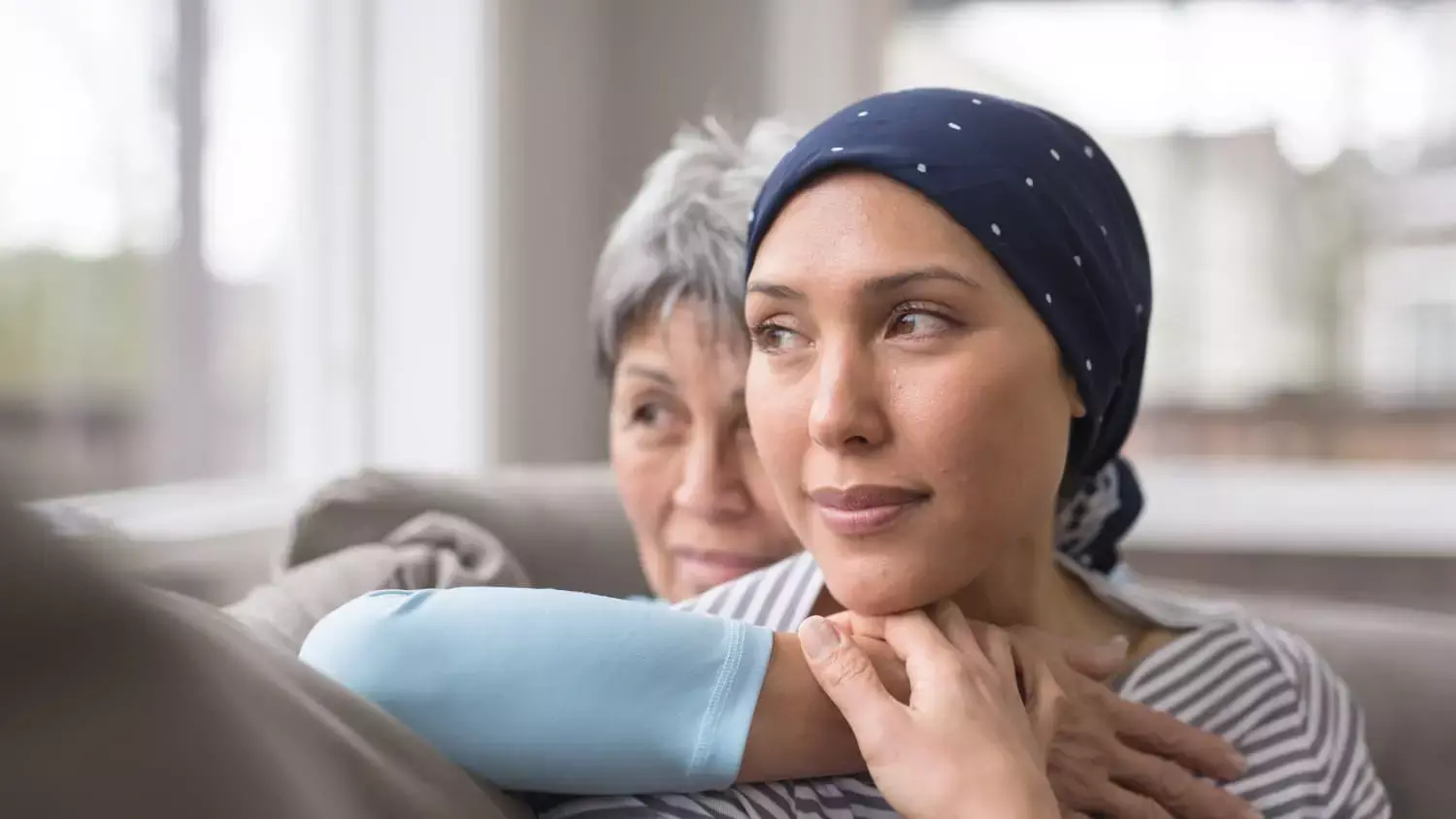- Home
- Medical news & Guidelines
- Anesthesiology
- Cardiology and CTVS
- Critical Care
- Dentistry
- Dermatology
- Diabetes and Endocrinology
- ENT
- Gastroenterology
- Medicine
- Nephrology
- Neurology
- Obstretics-Gynaecology
- Oncology
- Ophthalmology
- Orthopaedics
- Pediatrics-Neonatology
- Psychiatry
- Pulmonology
- Radiology
- Surgery
- Urology
- Laboratory Medicine
- Diet
- Nursing
- Paramedical
- Physiotherapy
- Health news
- Fact Check
- Bone Health Fact Check
- Brain Health Fact Check
- Cancer Related Fact Check
- Child Care Fact Check
- Dental and oral health fact check
- Diabetes and metabolic health fact check
- Diet and Nutrition Fact Check
- Eye and ENT Care Fact Check
- Fitness fact check
- Gut health fact check
- Heart health fact check
- Kidney health fact check
- Medical education fact check
- Men's health fact check
- Respiratory fact check
- Skin and hair care fact check
- Vaccine and Immunization fact check
- Women's health fact check
- AYUSH
- State News
- Andaman and Nicobar Islands
- Andhra Pradesh
- Arunachal Pradesh
- Assam
- Bihar
- Chandigarh
- Chattisgarh
- Dadra and Nagar Haveli
- Daman and Diu
- Delhi
- Goa
- Gujarat
- Haryana
- Himachal Pradesh
- Jammu & Kashmir
- Jharkhand
- Karnataka
- Kerala
- Ladakh
- Lakshadweep
- Madhya Pradesh
- Maharashtra
- Manipur
- Meghalaya
- Mizoram
- Nagaland
- Odisha
- Puducherry
- Punjab
- Rajasthan
- Sikkim
- Tamil Nadu
- Telangana
- Tripura
- Uttar Pradesh
- Uttrakhand
- West Bengal
- Medical Education
- Industry
Extensive surgery in young breast cancer survivors tied to poorer QOL outcomes: JAMA

More extensive surgery is associated with poorer quality-of-life outcomes in young breast cancer survivors, particularly those treated with mastectomy and radiotherapy, irrespective of reconstruction, finds a new study.Further Local therapy in young breast cancer survivors is persistently associated with poorer scores in multiple Quality-of-Life.
The study has been published in JAMA Surgery.
Increasing rates of bilateral mastectomy has been most pronounced in young women with breast cancer, but the association of surgery with long-term quality of life (QOL) remains largely unknown.
A study was conducted by Dominici L et. al to examine the association of surgery with longer-term satisfaction and QOL in young breast cancer survivors.
This multicenter cross-sectional study of a prospective cohort was conducted from October 2016 to November 2017, at academic and community hospitals in North America. Women 40 years or older enrolled in the Young Women's Breast Cancer Study were assessed. Data analysis was performed during a 1- to 2-year period after the conclusion of the study.
The primary outcome was mean BREAST-Q breast satisfaction and physical, psychosocial, and sexual well-being scores were compared by type of surgery; higher BREAST-Q scores (range, 0-100) indicate better QOL.
Linear regression was used to identify demographic and clinical factors associated with BREAST-Q scores for each domain.
The results of the study are as follows:
- A total of 560 women with stage 0 to III breast completed the BREAST-Q within a median of 5.8 years from diagnosis.
- A total of 290 patients (52%) of patients underwent a bilateral mastectomy, 110 patients (20%) underwent a unilateral mastectomy, and 160 patients (28%) received breast-conserving therapy.
- Among mastectomy patients, 357 (89%) had reconstruction and 181 (45%) received radiotherapy.
- In multivariate analyses, implant-based reconstruction (vs autologous) was associated with decreased breast satisfaction and complex reconstruction (vs autologous) with worse physical well-being.
Thus, the researchers concluded that local therapy in young breast cancer survivors is persistently associated with poorer scores in multiple QOL domains, particularly among those treated with mastectomy and radiotherapy, irrespective of breast reconstruction. Socioeconomic stressors also appear to play a role.
Reference:
Association of Local Therapy with Quality-of-Life Outcomes in Young Women with Breast Cancer by Dominici, L et. al published in the JAMA Surgery.
doi:10.1001/jamasurg.2021.3758
Dr. Shravani Dali has completed her BDS from Pravara institute of medical sciences, loni. Following which she extensively worked in the healthcare sector for 2+ years. She has been actively involved in writing blogs in field of health and wellness. Currently she is pursuing her Masters of public health-health administration from Tata institute of social sciences. She can be contacted at editorial@medicaldialogues.in.
Dr Kamal Kant Kohli-MBBS, DTCD- a chest specialist with more than 30 years of practice and a flair for writing clinical articles, Dr Kamal Kant Kohli joined Medical Dialogues as a Chief Editor of Medical News. Besides writing articles, as an editor, he proofreads and verifies all the medical content published on Medical Dialogues including those coming from journals, studies,medical conferences,guidelines etc. Email: drkohli@medicaldialogues.in. Contact no. 011-43720751


